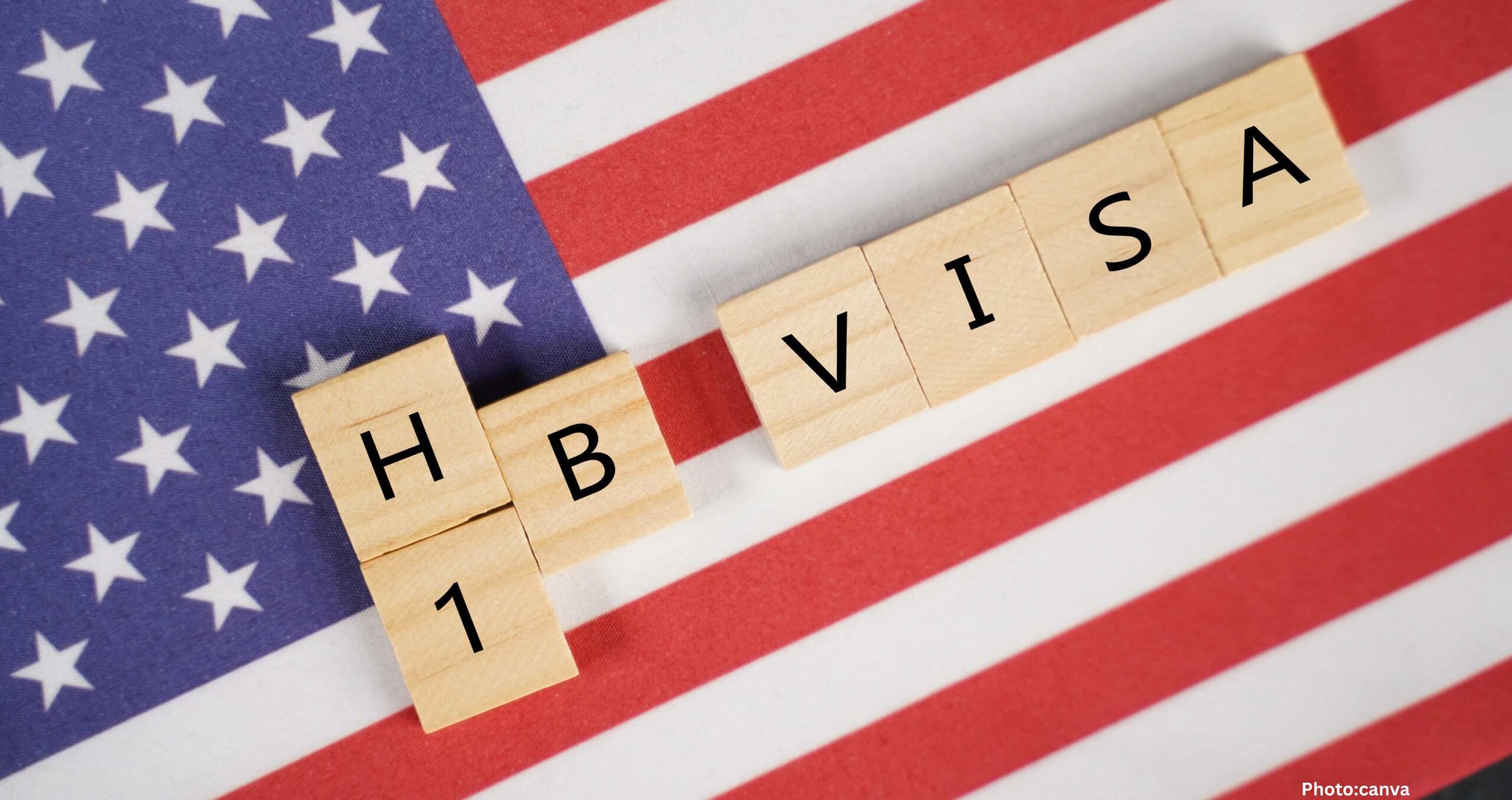The recent proclamation regarding the H-1B program introduces significant financial barriers and travel risks for skilled workers seeking to enter the United States.
The immigration landscape for skilled workers has undergone a substantial transformation following a recent proclamation concerning the H-1B program. This new directive imposes significant restrictions on the entry of certain nonimmigrant workers, introducing immediate financial requirements and travel considerations.
On September 19, 2025, President Trump issued a proclamation titled “Restriction on Entry of Certain Nonimmigrant Workers,” which mandates a steep new fee for specific H-1B petitions. Effective from 12:01 a.m. ET on September 21, 2025, this proclamation requires that certain new H-1B petitions include a one-time payment of $100,000.
While the fee is substantial, it is important to note that it is a single payment due upon the submission of a new H-1B petition. This change does not affect existing fees or payments associated with H-1B renewals, allowing current holders of H-1B status to maintain their positions without incurring additional costs.
The new fee primarily targets individuals seeking to enter the United States. The U.S. Citizenship and Immigration Services (USCIS) has been instructed not to process petitions unless they are accompanied by proof of the $100,000 payment for H-1B workers currently outside the U.S. At this time, the fee appears to be applicable only to new H-1B petitions filed by individuals outside the country.
For beneficiaries already residing in the U.S. and maintaining lawful H-1B status, several actions seem to be exempt from this new fee structure. Extensions of stay, amended petitions, and changes of employer—provided the beneficiary remains in H-1B status—are not explicitly covered by the new proclamation. As such, these actions appear to be exempt unless further guidance is provided.
This proclamation represents a significant shift in employment-based immigration policy, creating a climate of uncertainty for many skilled workers. Given the regulatory confusion and the absence of clear procedures, the risks associated with international travel have increased. Consequently, H-1B employees and their dependents are strongly advised against leaving the United States at this time, as the potential complications could outweigh any benefits.
In addition to the immediate financial implications, the proclamation hints at future reforms aimed at enhancing the H-1B program. The Department of Labor is expected to propose rulemaking to revise and raise prevailing wage levels. This initiative, along with forthcoming rulemaking from the Department of Homeland Security (DHS) to prioritize high-skilled, high-paid foreign workers in the lottery, aims to refine the H-1B program and ensure that it is utilized to hire only the most qualified temporary foreign workers.
In summary, this recent H-1B proclamation introduces immediate, high-cost barriers for specific new petitions and signals a major shift in future policy, particularly with a focus on prioritizing higher-paid workers. Given the current inconsistencies in guidance, including a recently released FAQ that appeared to conflict with earlier instructions, the situation remains fluid and uncertain for those navigating the H-1B process.
Source: Original article

